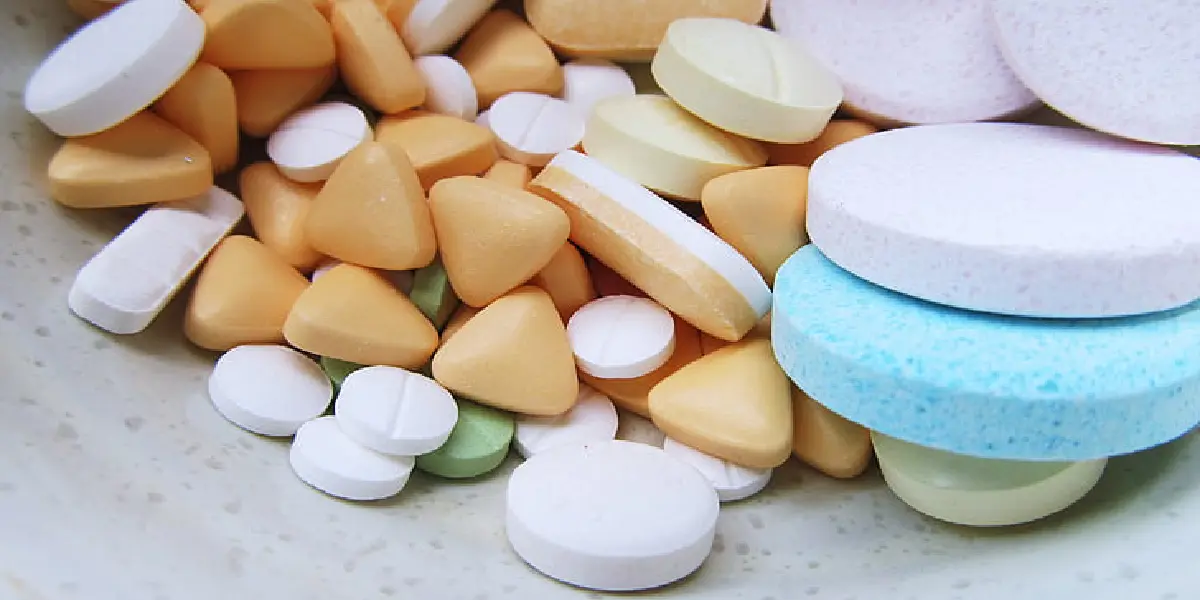The National Deworming Day will be followed up by the Mop Up Day on 16 February, 2024, which will act as a backup.

Deworming pills. Representative image. (Creative Commons)
In a concerted effort to address the prevalence of Soil-Transmitted Helminths (STH) among children aged 1-19 years, the Department of Health Medical and Family Welfare, Government of Andhra Pradesh, is set to conduct National Deworming Day on Friday, 9 February, 2024.
The initiative will take place in both Anganwadi centres, as well as government and private educational institutions across the state.
The deworming through Albendazole tablets is a safe and cost-effective method to prevent infections caused by worms in children.
With STH affecting 34 percent of children in Andhra Pradesh, the administration of Albendazole 400 mg chewable tablets bi-annually aims to reduce worm infections.
The Andhra Pradesh government is targeting a total of 1.32 crore children, with the programme being implemented in 55,608 Anganwadi centres, 33,666 government and private schools, and 3,307 junior colleges.
National Deworming Day will be followed up by a Mop Up Day on 16 February, 2024, which will act as a backup to cover the children who missed the deworming on 9 February.
These infections not only impede nutrient absorption but can also lead to anemia, and malnourishment, and hinder mental and physical development. The health implications pose a serious threat to children’s overall well-being, education, and long-term productivity.
Recognising the detrimental impact of worm infections on children’s ability to concentrate and participate in school activities, the government initiated this programme in 2016.
The programme targets all children in Anganwadi centres and educational institutions, where they will receive Albendazole 400 mg tablets under the suggested dosage.
Notably, private school managements are urged to comply with government instructions, facilitating health staff to carry out deworming activities within their institutions.
Children between the ages of one to two years are given half a tablet crushed and mixed in a spoonful of water, while the children above two years and below three years are given a full tablet crushed and mixed in a spoonful of water.
Children above the age of three are given the tablet to chew without mixing in the water.
The Auxiliary Nursing Midwives and the ASHA workers will take the responsibility of distributing drugs, Information, Education, and Communication (IEC) material, as well as reporting forms to all Anganwadi centres and educational institutions within their designated areas.
Simultaneously, ASHA workers play a pivotal role in identifying and mobilising unregistered children aged one to five years, and out-of-school children aged six to 19 years, directing them to Anganwadi centres for deworming.
In case of emergency or adverse reaction, the Anganwadi centres are expected to reach out to the nearby health centres or utilise the 104 and 108 ambulance services.

May 17, 2024

May 17, 2024

May 16, 2024

May 16, 2024

May 16, 2024

May 16, 2024